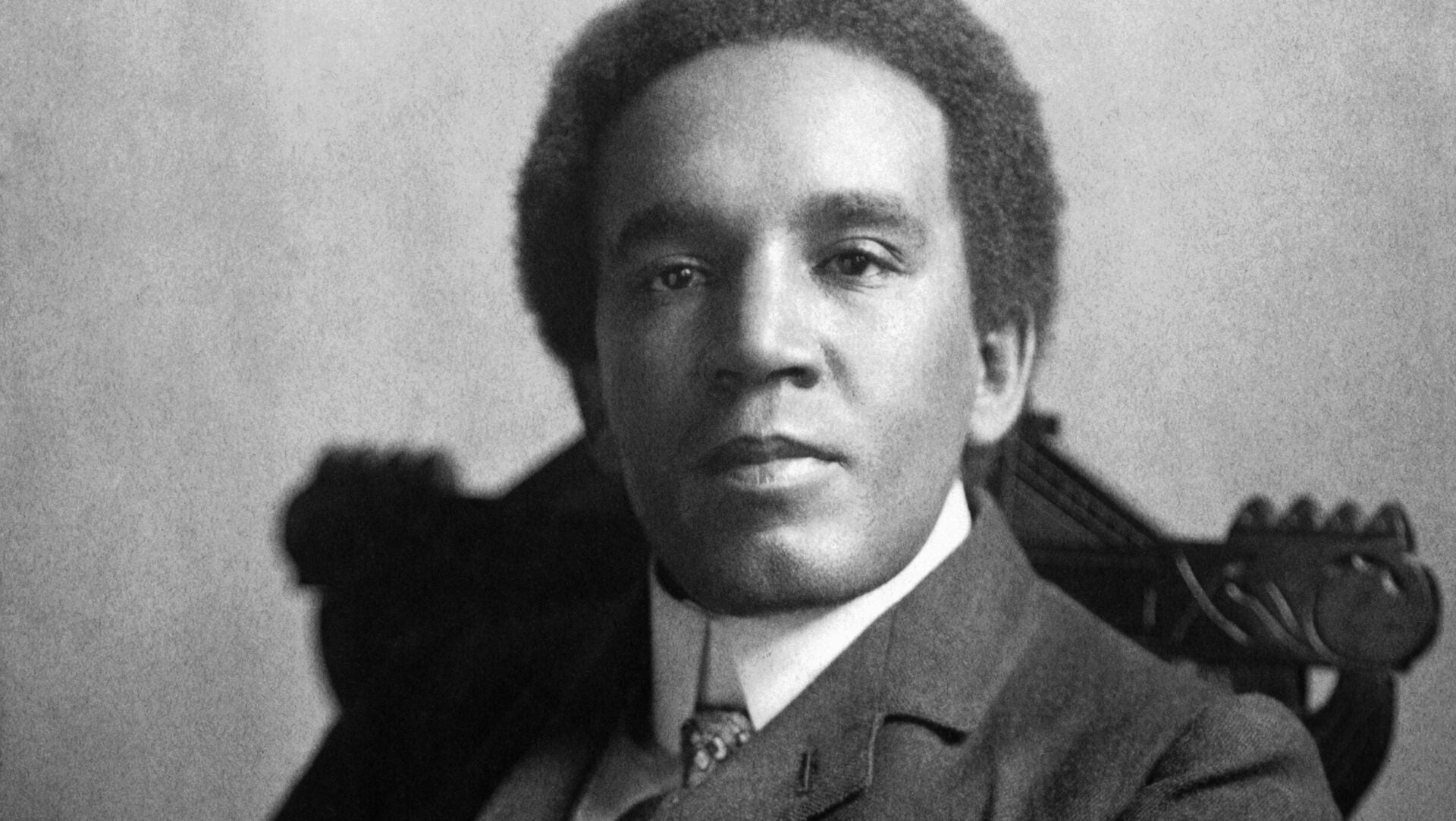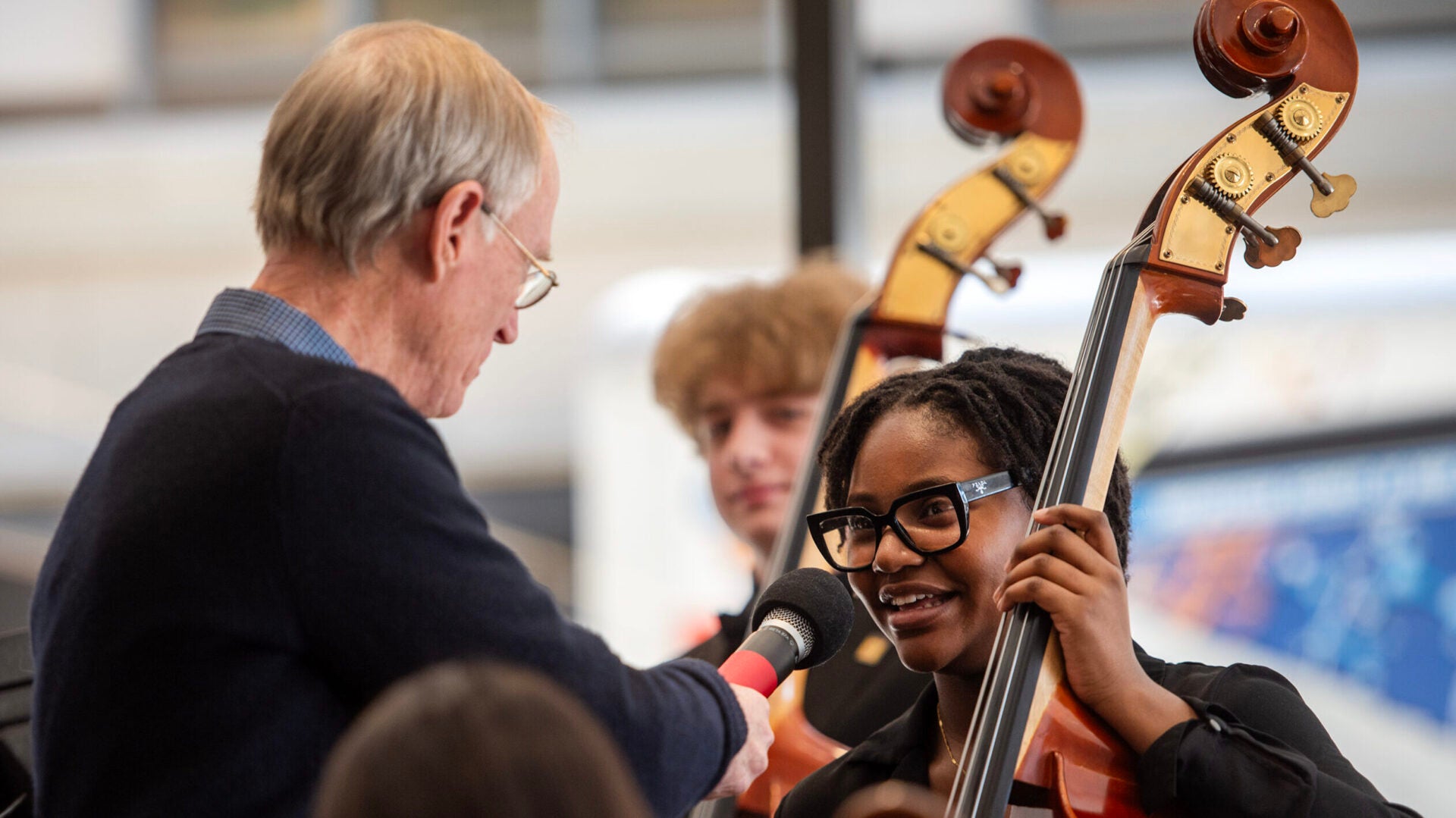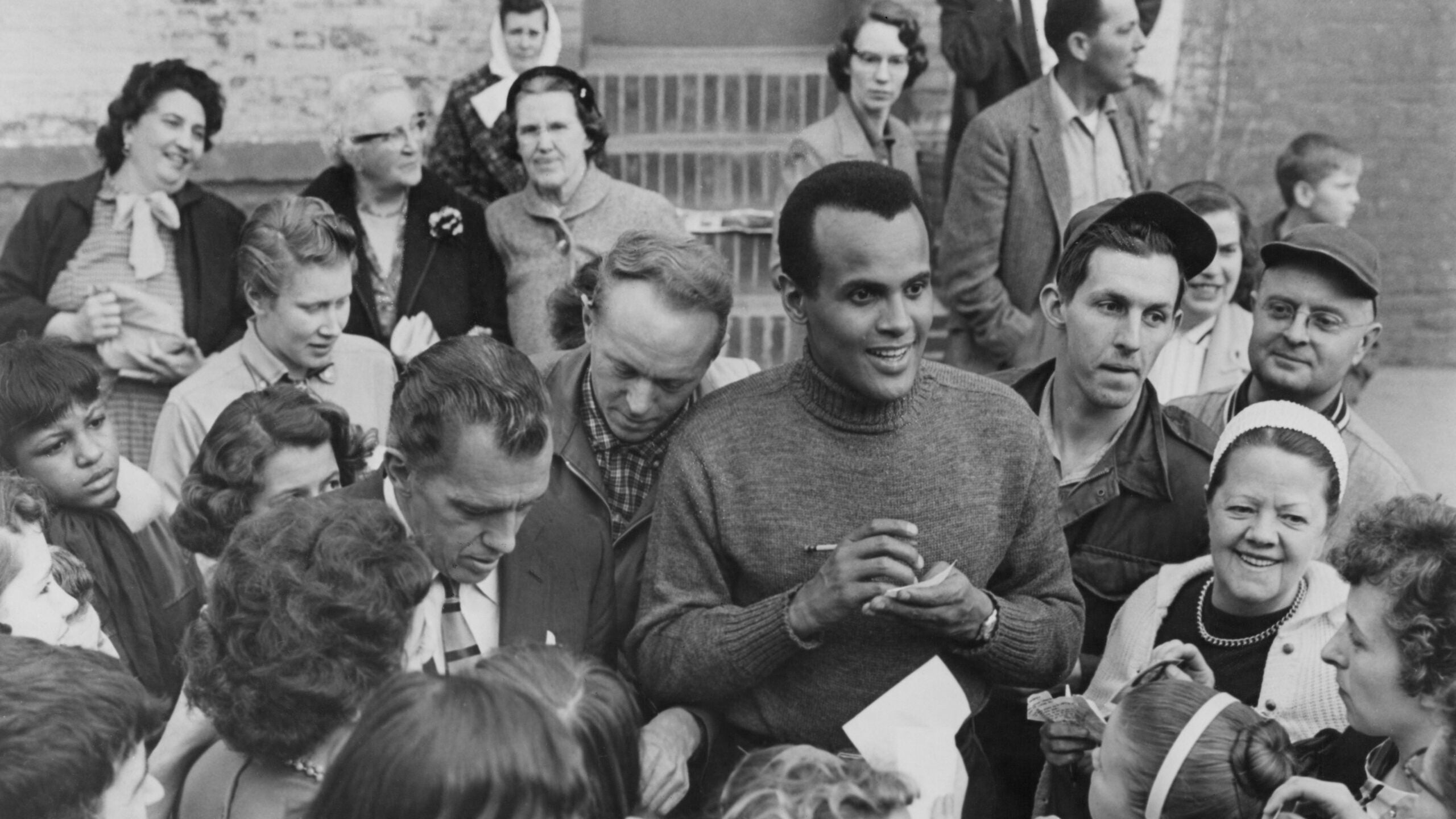Composer Samuel Coleridge-Taylor arranged African-American spirituals and traditional music from Africa for classical piano.
“What Brahms has done for the Hungarian folk music, Dvorak for the Bohemian and Grieg for the Norwegian, I have tried to do for these Negro melodies,” Coleridge-Taylor wrote about his collection of classical piano arrangements, “24 Negro Melodies.”
Coleridge-Taylor was born in London in 1875 to a father from Sierra Leone and an English mother. His mother raised him alone, and her father taught Coleridge-Taylor the violin. He took to it like a duck to water and never looked back.
News with a little more humanity
WPR’s “Wisconsin Today” newsletter keeps you connected to the state you love without feeling overwhelmed. No paywall. No agenda. No corporate filter.
He studied at the Royal College of Music and had a very successful composing and conducting career.
Coleridge-Taylor’s idol was Antonin Dvorak. Like Dvorak, he expressed the traditional music of various cultures in his music, including Native American and African American.
The “24 Negro Melodies” date from 1905 and include folk music from Africa, as well as quite a few spirituals: “Many Thousand Gone,” also known as “No More Auction Block”; “Run, Mary, Run”; “Motherless Child”; “Steal Away” and “Wade in the Water.”
Coleridge-Taylor had a favorite: He wrote on the score that in his opinion, “‘Deep River’ is the most beautiful and touching melody of the whole series.”
Wisconsin Public Radio, © Copyright 2025, Board of Regents of the University of Wisconsin System and Wisconsin Educational Communications Board.






